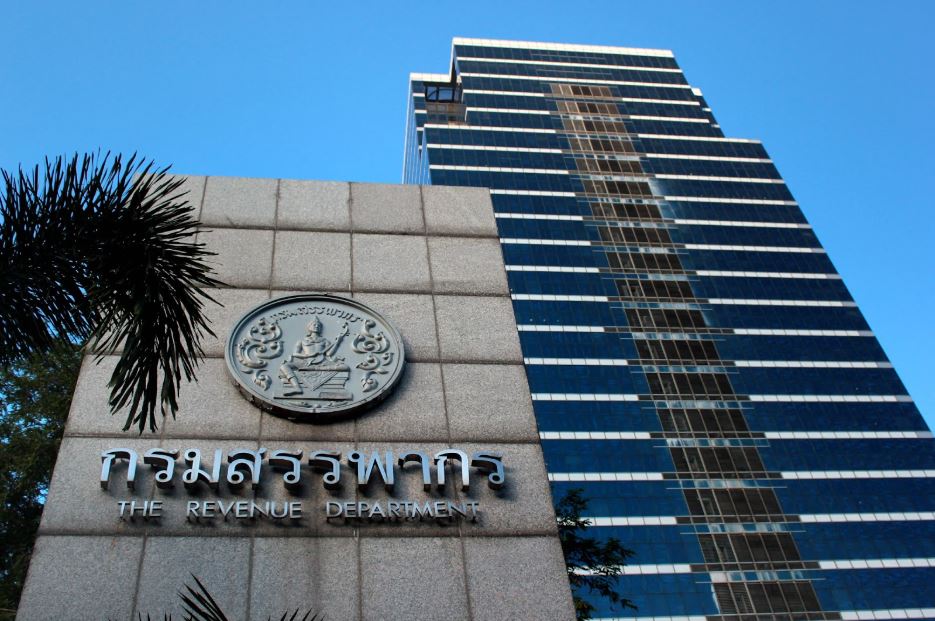
Bangkok named world’s best city for remote working Bangkok has been named the world’s top city for remote work, according to a …

Thailand’s Revenue Department is tightening its grip on tax compliance in the booming digital economy, warning social media influencers, online vendors, and content creators to file taxes or face hefty penalties.
Director-General Pinsai Suraswadi has expressed growing concern over young earners who have never filed an income tax return, particularly in the e-commerce and influencer sectors. The rise of platforms like Shopee, Lazada and TikTok has led to an estimated 3 million online sellers. Approximately 2 million full-time influencers and content creators generate billions of baht annually. Yet, authorities say many in this fast-growing industry fail to report their earnings or fulfill their tax obligations.
The department has the authority to audit financial records going back five years, and those found evading taxes will not only be required to pay the owed amount but also face severe penalties. In some cases, liabilities can multiply up to fivefold due to fines and interest charges. While minor filing errors can be corrected, failure to submit income records will not go unnoticed, Pinsai said. With digital transactions leaving clear financial footprints, tracking undeclared earnings has become significantly easier for tax authorities.
The move comes as Thailand’s digital workforce experiences exponential growth. According to a recent study by Tellscore, FutureTales LAB and the Thailand Institute for Mental Health Sustainability (Tims), the country’s content creator industry contributes at least 45 billion baht to the economy. The number of individuals involved in digital commerce, including part-time sellers and micro-influencers, is estimated to be as high as 9 million.
Beyond domestic influencers, officials are also eyeing foreign content creators earning income from Thai businesses. The Revenue Department is expected to enforce regulations ensuring that non-residents generating revenue through Thai platforms pay their fair share.
Industry experts argue that proper tax compliance will ultimately strengthen the sector. Suvita Charanwong, CEO of Tellscore, emphasized that many freelancers may consider formalizing their businesses as legal entities, facilitating long-term financial growth and stability as incomes rise.
The tightening of tax regulations also reflects the broader expansion of Thailand’s advertising and digital marketing industries, contributing nearly 100 billion baht to the economy. Vanchana Jitkarnngarn, president of the Strategic Asia Marketing Alliance (SAMA) and chief strategy officer at Chamni’s Eye, highlighted the importance of tax compliance in fostering trust and collaboration. SAMA, a regional network of 16 leading Thai agencies, is working to standardize industry practices and help Thai businesses expand internationally.
Meanwhile, industry stakeholders urge the government to enhance infrastructure, provide affordable technology access and support participation in international trade fairs to further stimulate the sector’s growth.
Bangkok named world’s best city for remote working Bangkok has been named the world’s top city for remote work, according to a …
Bangkok Bank began freezing tourist accounts, with Russians being most affected Bangkok Bank has begun freezing accounts and blocking bank cards of …
Board of Investment has introduced new incentives to help SMEs Thailand’s Board of Investment (BOI) has introduced a new package of tax …
Thailand to ease restrictions on foreign entrepreneurs Foreigners looking to set up a business in Thailand may soon find it easier to …
Digital creators in Thailand to face stricter tax rules Thailand’s Revenue Department is tightening its grip on tax compliance in the booming …

Do you want to simplify your bookkeeping and compliance in Thailand? Book a free consultation with us today!